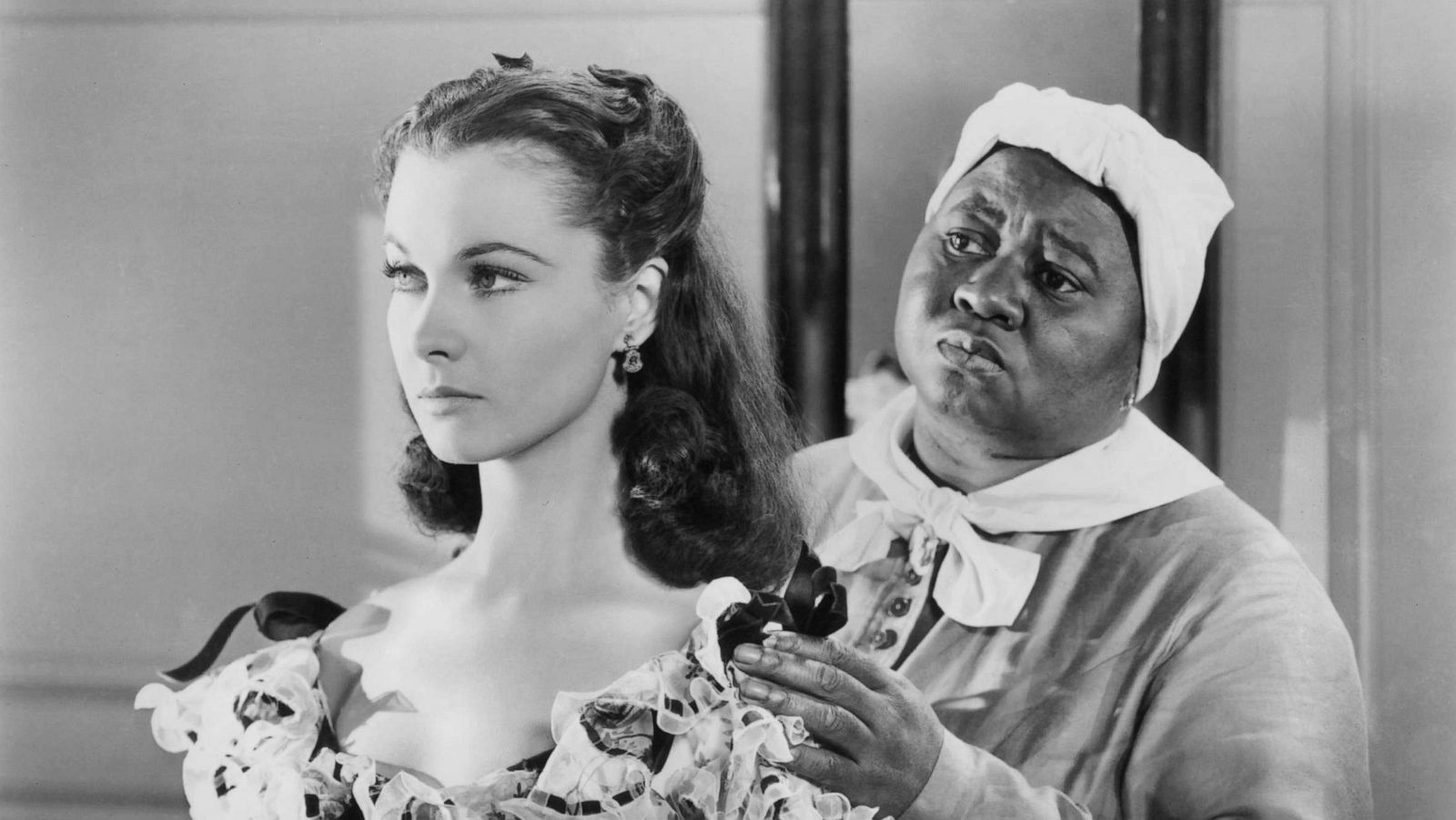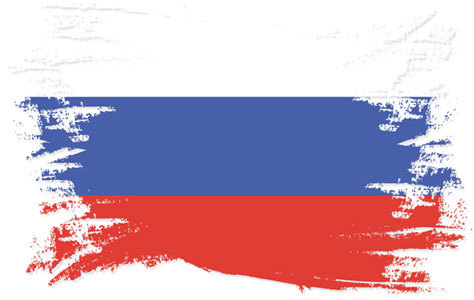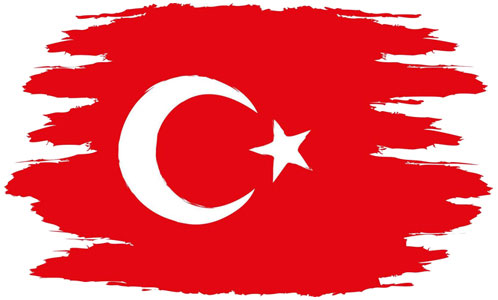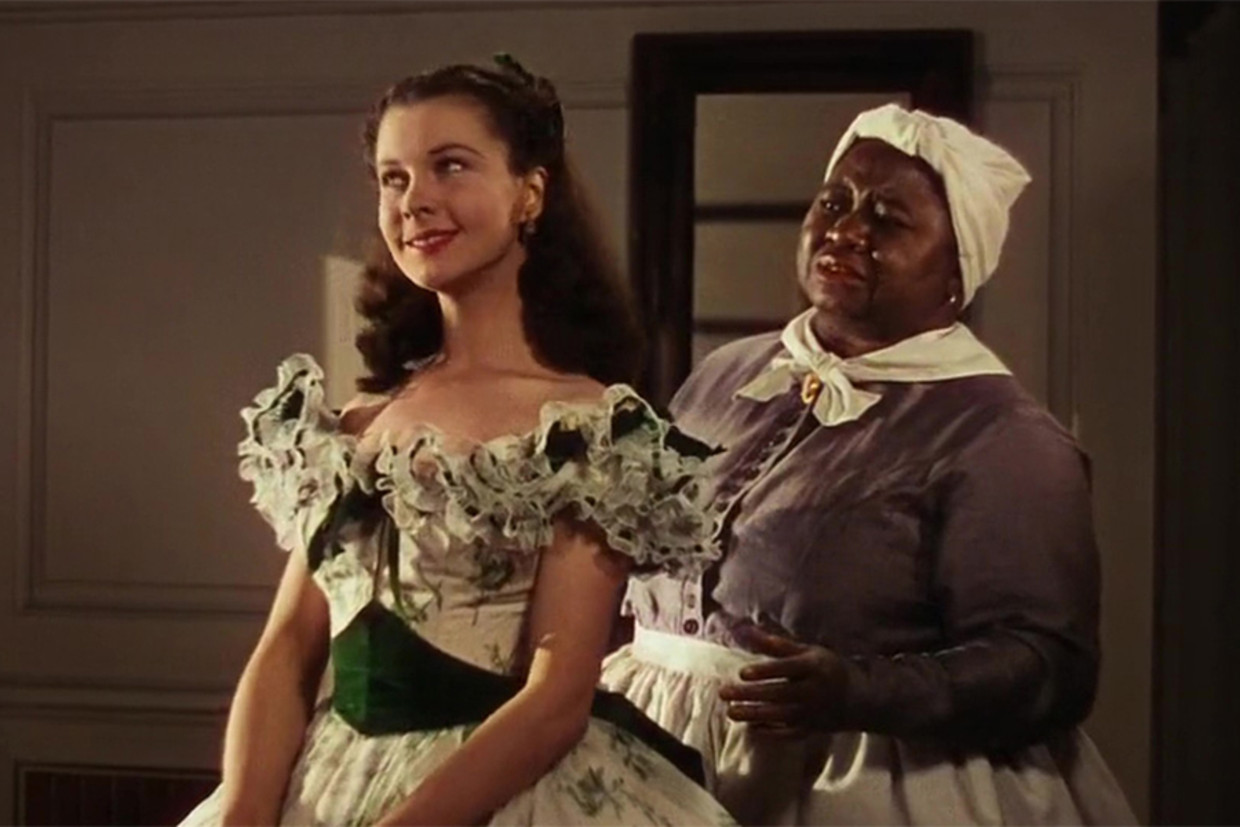1. Why should I study Gone with the Wind?
Because it's a classic piece of literature that has influenced American culture and history.
2. How can studying Gone with the Wind help me in my personal or professional life?
It can improve my critical thinking and analytical skills, as well as my understanding of human behavior.
3. What themes can I explore when studying Gone with the Wind?
Themes of love, struggle, survival, social class, human relationships, and racism are prevalent in the novel.
4. Why is it important to understand the historical context of Gone with the Wind?
Because it's set during the Civil War era and Reconstruction period, which shaped the course of American history.
5. What are some of the challenges and controversies surrounding Gone with the Wind?
Its portrayal of the antebellum South and its romanticization of slavery have been criticized.
6. How can I analyze the characters in Gone with the Wind?
By examining their motivations, actions, and relationships with others.
7. How does Gone with the Wind depict the role of women during its time period?
It presents a complex and varied view of Southern women, challenging traditional notions of femininity.
8. What writing techniques does Margaret Mitchell use in Gone with the Wind?
She employs vivid imagery, dialogue, and foreshadowing to create a richly detailed story.
9. What is the relationship between Scarlett O'Hara and Rhett Butler in Gone with the Wind?
It's a complicated and passionate relationship that illustrates the struggle between love and power.
10. In what ways does Gone with the Wind explore the theme of societal norms and expectations?
The novel challenges traditional social constructs, particularly regarding race and gender.

critical thinking and analytical skills
11. Can Gone with the Wind teach me about the human condition?
Yes, it offers insights into the ways in which people cope with adversity, love, and loss.
12. How does Gone with the Wind reflect the era in which it was written?
It embodies the values and concerns of the 1930s, such as the aftermath of the Civil War and the effects of the Great Depression.
13. Does Gone with the Wind have relevance in contemporary society?
Yes, its themes and characters remain relevant and relatable today.
14. What are some of the potential ethical dilemmas presented in Gone with the Wind?
The novel prompts readers to consider their own ethical values and responses to challenging situations.
15. How might I apply the lessons learned from Gone with the Wind in my daily life?
I can learn about perseverance, determination, and resilience in the face of obstacles.
16. What can I gain from critical analysis of Gone with the Wind?
A deeper understanding of the characters, themes, and context of the novel.
17. Can I compare and contrast Gone with the Wind to other novels or works of literature?
Yes, by examining similarities and differences in themes, characters, and writing style.
18. Why is it important to consider the societal and cultural context of Gone with the Wind?
Because it can help me understand and appreciate the perspectives of different groups of people.
19. How does the setting of Gone with the Wind impact the story?
The novel's Southern setting plays a significant role in shaping the characters and themes.
20. What insights can I gain into historical events from reading Gone with the Wind?
I can learn about the political and social dynamics of the Civil War and Reconstruction era.

It embodies the values and concerns of the 1930s,
21. How might Gone with the Wind challenge my preconceptions and biases?
The novel presents complex characters and situations that may challenge stereotypes or assumptions.
22. What literary devices does Gone with the Wind use to convey its messages?
Imagery, symbolism, and irony are all employed in the novel.
23. How might studying Gone with the Wind enhance my understanding of other forms of literature or media?
It can help me identify common themes or motifs and appreciate different approaches to storytelling.
24. What impact has Gone with the Wind had on popular culture?
The novel has inspired films, TV shows, and other works of art, and has become a cultural touchstone.
25. How does Gone with the Wind portray the institution of slavery?
The novel presents a problematic and romanticized view of slavery, which has drawn criticism.
26. What can I learn about psychology or human nature from Gone with the Wind?
I can learn about the ways in which people adapt to challenging situations and cope with difficult emotions.
27. How might Gone with the Wind influence my perspective on contemporary social and political issues?
The novel prompts readers to consider questions of power, inequality, and justice.
28. In what ways does Gone with the Wind reflect the author's own experiences or perspectives?
Margaret Mitchell's background and personal history undoubtedly influenced the themes and characters in the novel.
29. How might my understanding of Gone with the Wind evolve as I engage in further research or analysis?
I may discover new meanings or interpretations of the text, or gain additional insights into its historical or cultural context.
30. Why might studying Gone with the Wind be a rewarding and enlightening experience?
The novel presents a thought-provoking and entertaining story that offers readers a chance to engage with complex themes and memorable characters.
Dear Visitor; Please take a look at the list of 50 most visited websites in the world wide web: YouTube, Facebook, google, translate, gmail, weather, amazon, Instagram, cricbuzz, Hotmail, wordle, satta king, twitter, yahoo, yandex, sarkari result, Netflix, google maps, yahoo mail, roblox, whatsapp, NBA, BBC news, outlook, pinterest, flipkart, eBay, omegle, live score, tiktok, canva, ipl, premier league, hava durumu, ibomma, walmart, twitch, ikea, shein, linkedin, home depot, e devlet, lottery, snaptik, cricket, serie a, nfl, spotify, fox news, amazon prime; There is no book publishing related or project management website in this list. We are working hard to bring these important issues to the center of concentration of societies. Please introduce us via social media, share our website with others and help us to make our world a better place to live. Best Regards.













Write your review